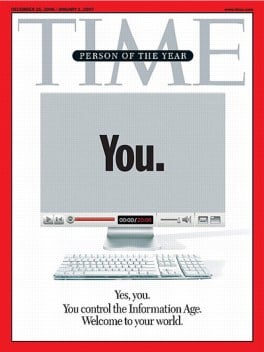Business-wise, Skype is a basketcase. But that’s just one of the things that makes it one of the most emblematic companies of our time – a real, Ur-Web 2.0 company.
Like so many internet companies, Skype has millions and millions of users. Like these internet companies, too, it can’t make very much money off all these users. Hello, Facebook! And like these internet pin-ups, it owes a great deal to utopian power fantasies.
But what makes Skype so very of its time is the peculiar relationship it has with incumbent telecomms companies.
Think of Skype as a kind of parasitic virus that threatens to bring the host to its knees – but which can’t survive without a living host. Bloggers and mainstream newspapers are another good example.
How so?
Well, Skype has no network of its own – it’s simply an open protocol (SIP is more than one protocol, but bear with me) wrapped up in some proprietary bits. Apart from a few authentication servers, its only real asset is its “brand” – which isn’t the most concrete or tangible line item to have on your balance sheet.

